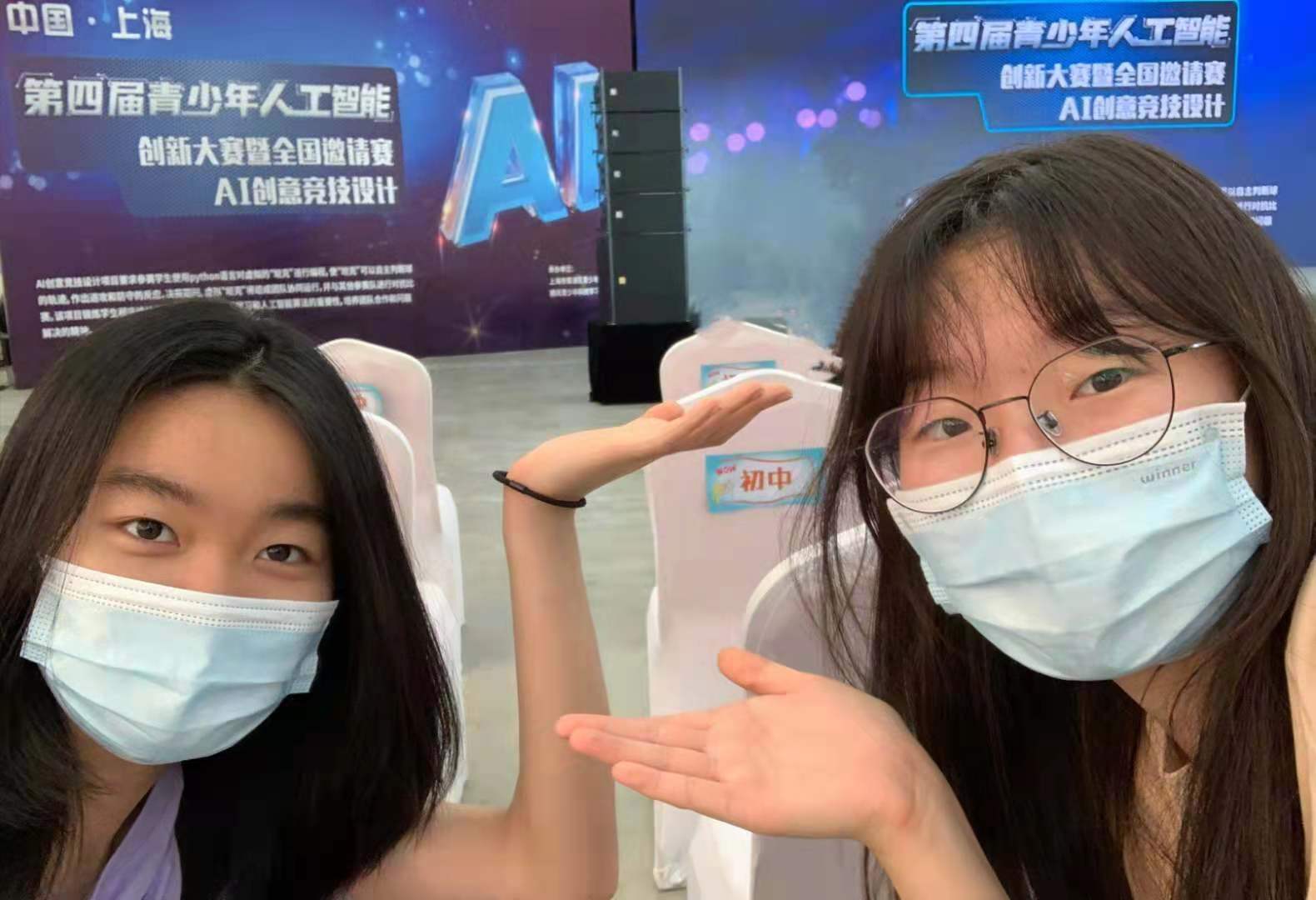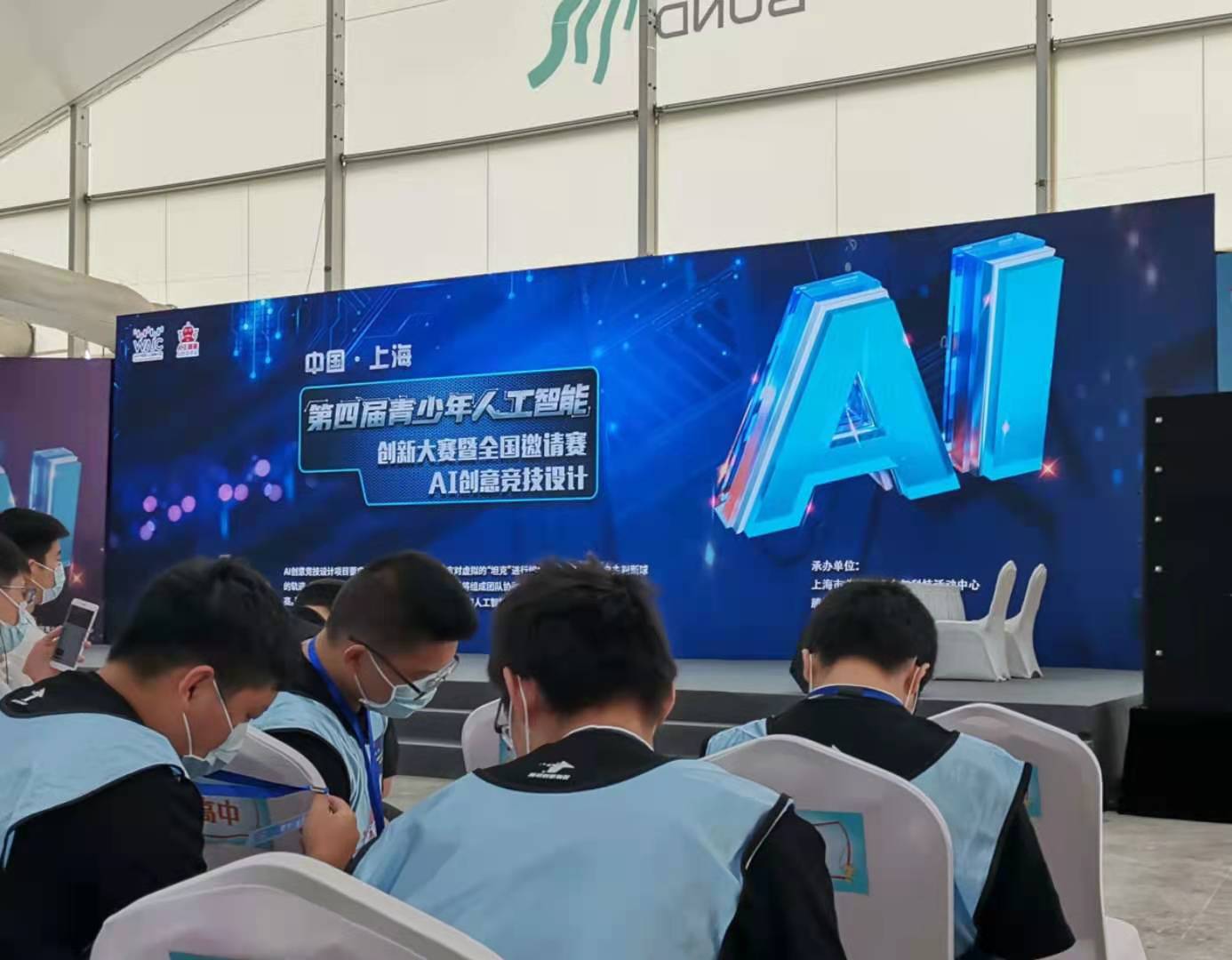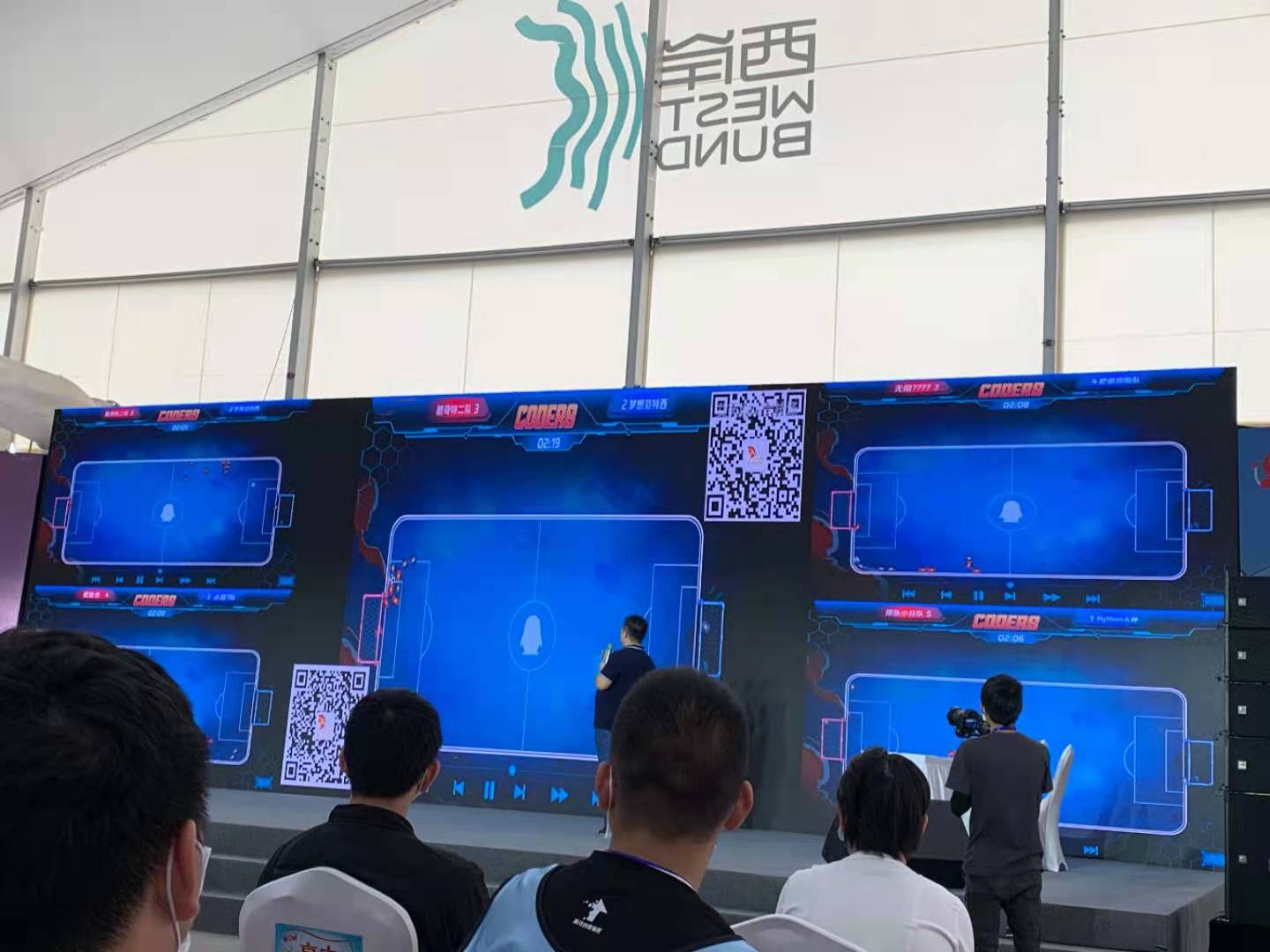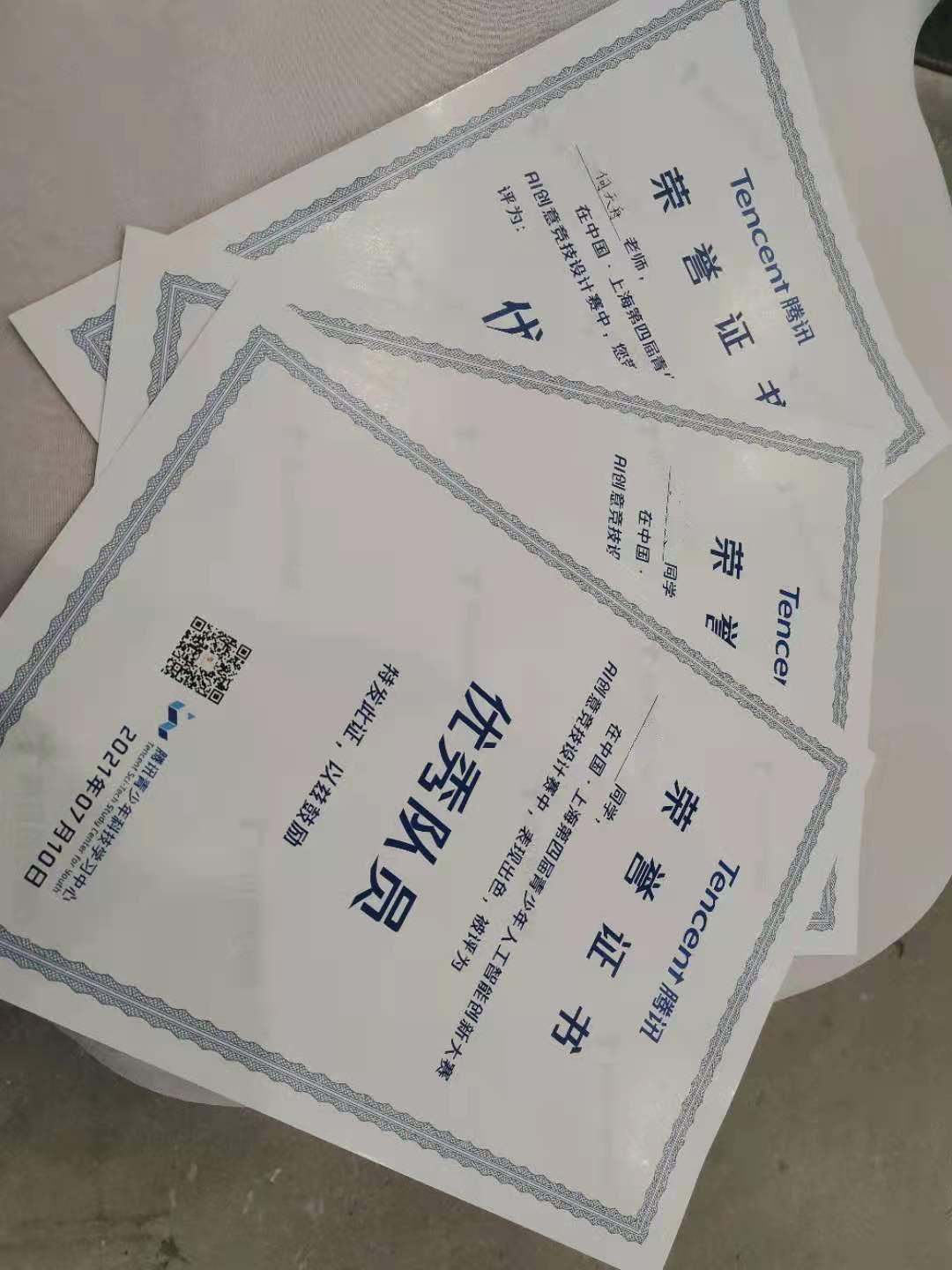-
ABOUT US
-
ACADEMICS
Curriculum Program
Departments
- English
- High School Chinese
- Primary and Junior School Chinese.
- High School Mathematics
- Middle School Mathematics
- Primary School Mathematics
- Music and Fine Arts
- Physical Education
- Physics
- Chemistry
- History and Geography
- Physical Science and Optional courses Department
- Middle School Biology
- High School Biology
- Social Sciences
- Computer Science
- Courses in Primary School
Achievements and Matriculations
College Counseling
Science & Technology Innovation Contest
Subject Competition
-
ARTS
-
ATHLETICS
-
AT SHSID
SHSID ∣ TIMES
PTSA
Club Exhibition
- 龙吟社
- Live 2 Drama
- Choir
- Hip-pop Dance Club
- The Primary School Dance Troupe
- Symposiums Club
- Biology Workshop
- You Shan
- VEX Robotic
- Peking Opera Club
- Baseball Club
- Model United Nations
- The World Scholar’s Cup
- Future Problem Solving Club
- United States Academic Pentathlon
- OM Club
- AMC Club
- Music for Patients
- SHSID Gazette
- Smile Charity
- Cultural Moments
- SciAcademy
- Stem Doge Alliance
- Chinese Debate Club
- IAA
- Mock Trial Club
- Zhengming Club
- Furry Friends
- GT-Racing
- Village Radio
- IMMC Club
- Creative Design and Intelligent Fabrication
- Future City Research Project
- ECOCAP
- AdvocaSEA
- SPDC
- Medishine
- Floorball Club
- Animusic MTC
- Wings Up
- All Booked
Health and Wellness
Campus Safety
Cafeteria Service
-
ADMINISTRATION
-
ADMISSIONS
-
ALUMNI
Alumni Information
Honors Students
- Class of 2025
- Class of 2024
- Class of 2023
- Class of 2022
- Class of 2021
- Class of 2020
- Class of 2019
- Class of 2018
- Class of 2017
- Class of 2016
- Class of 2015
- Class of 2014
- Class of 2013
- Class of 2012
- Class of 2011
- Class of 2010
- Class of 2009
- Class of 2008
- Class of 2007
- Class of 2006
Who Studied at SHSID
SHS Foundation
-
DOCUMENTS
Two SHSIDers Won Prizes in the AI Creative Design Competition
Two SHSID high-school students joined an artificial intelligence invitational tournament for youth and programmed for the AI Creative Competitive Design Competition in early July. They were required to program the “tank”, the attacker, on the computer in the Python language; in this program, the rule of the virtual football game was exactly the same as the one in reality. In the preliminary round, they only needed to control one tank to attack or defend, while in the finals, a randomly generated field was automatically created, and they were asked to control five tanks at a time. In addition, a new function of firing bullets was available, creating both fun and uncertainty throughout the whole soccer game. On the competition day, the fierce "football game" was even projected on the big screen, encouraging more interactivity.
During this summer, when they were busy preparing for the standardized tests, they neatly conducted the preparation work. Compared with the preliminary competition, the difficulty of the rematch was greatly increased. First, it was no longer a battle between the computer and the participants. Instead, it was a battle between teams. So, it became quite crucial to conduct some accurate computations and tactics to achieve them with code. While the process of debugging and revising code is challenging, the results are often unsatisfactory. Sometimes, the code changed is even less effective than before, and the original code cannot be recovered. Although they faced difficulties, they didn’t give up debugging. After changing several tactics, they finally found the relatively best approach in the experiments. For the five tanks they had, they set two for defense; meanwhile, the rest attacked and assisted defense when necessary.
Time management was also a crucial aspect for them to deal with throughout the whole process. Given it was a team project, and each of them had their own arrangements, it was hard to find a time in which they were both available; thus, there was limited amount of time for discussion especially due to their tight schedules this summer. In the end, though, they strove to maximize discussion-time efficiency and distribute the work fairly and evenly after discussions.
Hard work pays off. Finally, they entered the final round, where they were able to learn from and communicate with more excellent programmers. They finished up winning the title of Excellent Team Members.
To deal with emergencies, artificial intelligence demonstrates optimized solutions with high speed. AI development makes our lives more efficient and helps people explore deeper areas. This activity not only exercises these two students’ ability of programming and teamwork, but also allows them to see the various programming ideas from students from different schools. Algorithms are similar to football games: with millions of strategies, we cannot say which strategy is the best, and everyone provides a feasible solution according to their own experiences and achieves them with implementation. Progress is only made through thousands of attempts and communication: after all, this is also the integration and progress of human ideas.





(Written by Elsie, Rachel Pictures by Elsie, Rachel Supervised by Tianzhou He Reviewed by Qian Zuo)